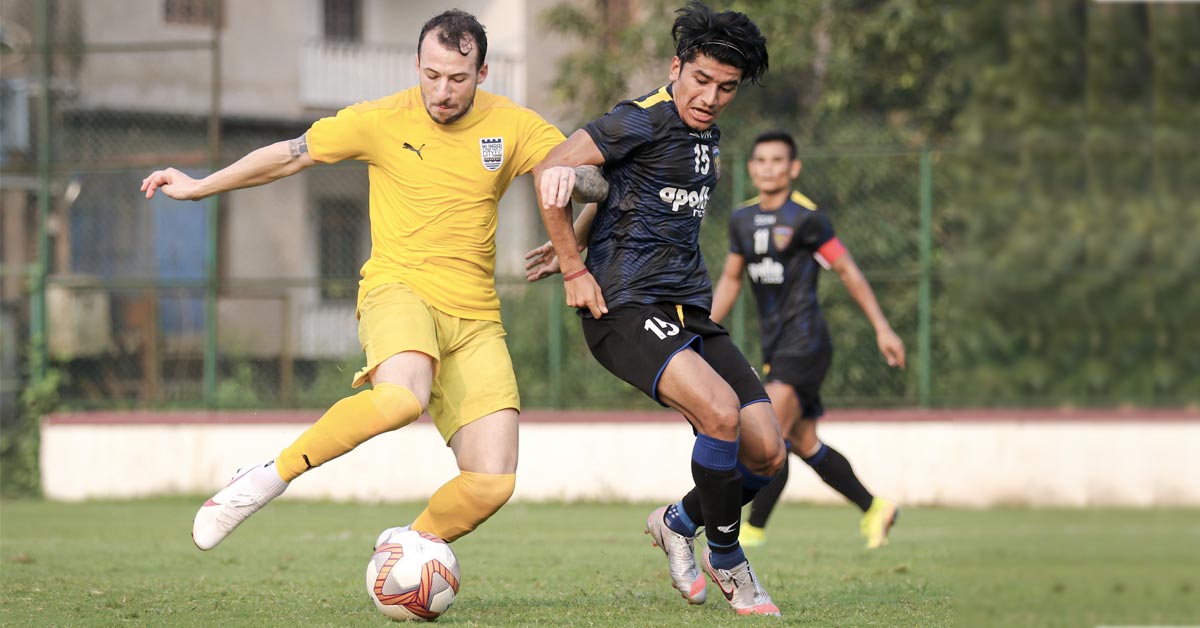Featured
ISL: How will Indian Super League’s five-substitute rule impact teams and tactics?

The Indian Super League (ISL) on Tuesday provided an update on the various tweaks that will be introduced in the 2020-21 season of the tournament. Amongst them, the most important one is the increase of the number of substitutions per team in a match from three to five. Along with that, the maximum number of footballers permitted to sit on the bench has also been increased from seven to nine.
The five-substitute rule first came to the fore when European football resumed after the lockdown due to concerns over the players’ fitness after 3-4 months out of the game and barely a few weeks’ training before the leagues restarted.
It is for the same reason that the rule is being implemented here as well, with most of the players returning to the field after more than seven months since the lockdown started in March. Additionally, the fixture list for this season’s ISL is so condensed that all the teams will have to play matches every three or four days, further increasing the need to protect players.
https://twitter.com/IndSuperLeague/status/1326170246646910976
However, while the total number of substitutions has been increased, coaches can make those changes only at three points in the game apart from half-time. This has been done to limit the number of stoppages in play, something that could in theory be exploited by the team that is leading in the match.
This change does throw in some exciting possibilities from a tactical perspective though. It is generally believed that the rule benefits smaller teams to see out matches as they are able to replace tired legs better over the course of the match, something that the bigger teams usually capitalise on under normal circumstances. It also lessens the need for coaches to make wholesale changes to the starting line-up every game as it allows them to manage the minutes better.
Also, with such a busy schedule, teams will have to carefully manage the workload of players by assigning them minute limits per week so as to keep them fresh. This might have an impact on the tempo and eventual outcome of the game and with players knowing that they have only a certain amount of time to impress on the field, they will have more defined roles.
 Adam Le Fondre of Mumbai City and Anirudh Thapa of Chennaiyin in action in a pre-season friendly (Source: Twitter / Mumbai City FC)
Adam Le Fondre of Mumbai City and Anirudh Thapa of Chennaiyin in action in a pre-season friendly (Source: Twitter / Mumbai City FC)
Furthermore, more substitutions mean more game-time for the younger players in the squad, especially because there has to be two ‘Developmental Players’ in the match day squad for every team. This can only be good for these youngsters’ growth as they get more minutes to play alongside established players. Five available substitutions instead of three also provides coaches with the option of introducing a group of players at a certain point in the game, thereby allowing them to drastically change their game plan from thereon, both in an attacking and a defensive sense.
One criticism that this rule change has previously faced is that it favours sides with bigger pockets who can have a host of star players come off the bench in the dying minutes of a match. However, the ISL features eleven teams that aren’t that far off each other in terms of their transfer spending and overall wage structure. Also, the salary cap that the teams have to adhere to doesn’t allow them to spend humongous amounts of money in wages in trying to build a title-worthy side anyway.
Hence, for now, the five-substitute rule shouldn’t really put off any of the coaches or club managements in the ISL. Instead it should come as a big positive as they try to stave off muscular injuries, the likes of which players will be susceptible to once the season starts.
Also read: Survival of the fittest — Players and teams prepare for a season like no other






